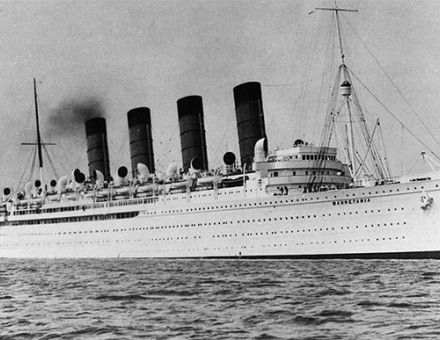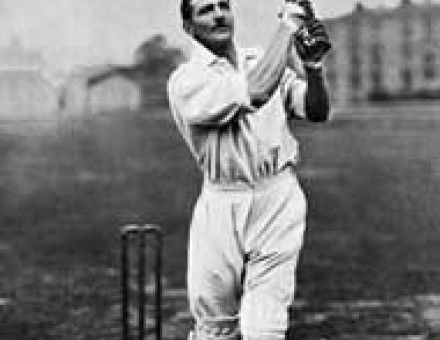‘Black Shame’
In the Iraq war a radical Muslim group claimed that they prefer to attack black American soldiers, because ‘To have Negroes occupying us is a particular humiliation. Sometimes we aborted a mission because there were no Negroes’*. As Dick van Galen Last shows here, such prejudices were also common in the 20th century when an occupation by black soldiers was considered an exceptional humiliation: in the years after the Great War the German people called it the Black Shame.




